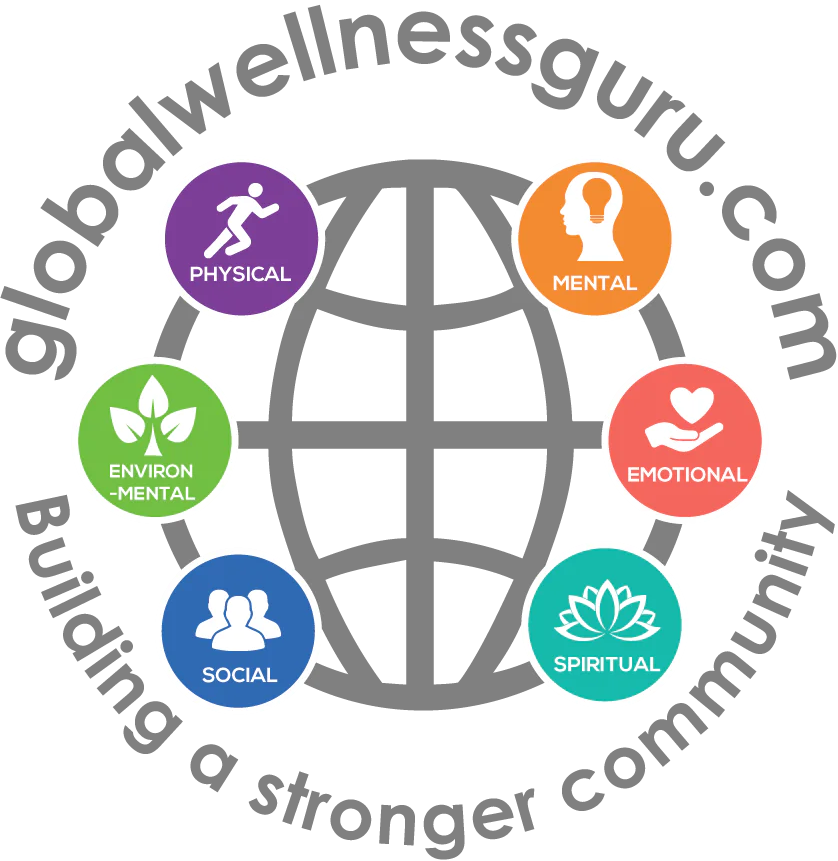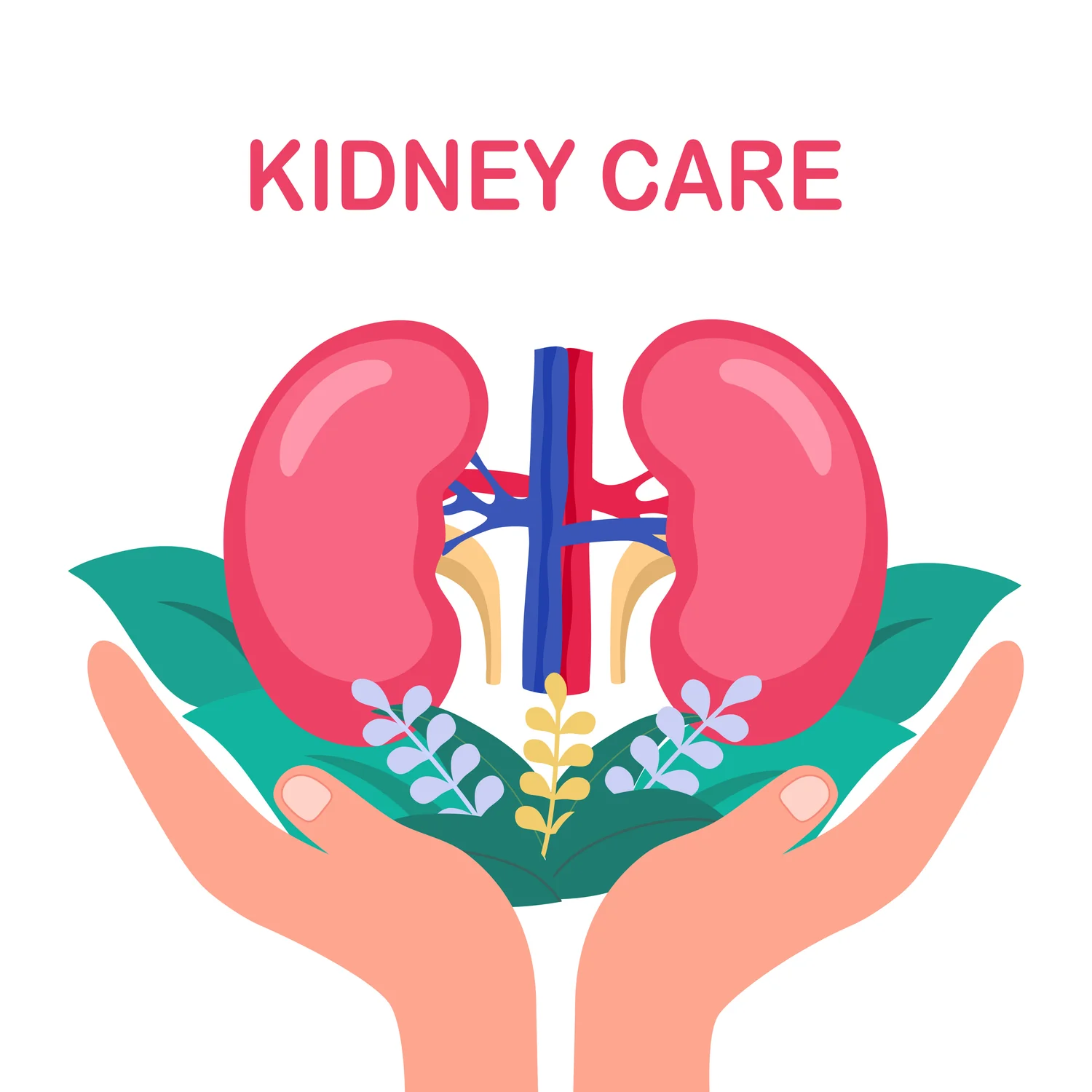Are You Making These 7 Mistakes Nutrition Advice Ruining Your Kidneys?
Are your kidneys working overtime without you realizing it? Your kidneys are two of your body’s hardest workers, filtering toxins from your blood every day to keep you healthy. But certain lifestyle habits can place undue stress on these vital organs over time without showing obvious symptoms. If kidney function declines, it can seriously impact your overall well-being.
Did you know that many daily choices may be silently taking a toll on your kidneys? Things like your diet, medication use, exercise routine, and more could all contribute to kidney damage in the long run. But there is good news – making small adjustments can help give your kidneys a much-needed break.
In this article, we will uncover 7 mistakes many of us make without realizing the consequences. By being aware of these hidden kidney stressors, you can take steps to protect your kidney health and avoid serious issues down the road. Keep reading to discover if any of these secretly risky behaviors may apply to your life. Your kidneys will thank you for the extra attention to their well-being!
1. Not Drinking Enough Water Nutrition Advice
Being chronically dehydrated puts tremen dous stress on the kidneys[1]. They require adequate water intake to function properly.
When you are dehydrated, there is less fluid for your kidneys to filter. Toxins become overly concentrated making it difficult for your kidneys to remove them efficiently. This causes strain that can lead to the development of kidney stones and other problems over time.
Symptoms of dehydration include[1][2]:
- Dark yellow or orange urine
- Feeling thirsty
- Fatigue
- Headaches
- Dizziness
To avoid dehydration, health authorities commonly recommend drinking about eight 8-ounce glasses of fluids daily. But your personal needs may differ depending on your activity level, climate, health issues, etc.
Stay well hydrated by drinking water and other unsweetened beverages throughout the day, especially around activities that cause fluid loss[1][2]. Eat plenty of water-rich fruits and vegetables too. Your urine should be a pale yellow color consistently.

2. Eating Too Much Salt and Processed Foods
High sodium intake is another top contributor to kidney disease[3]. The average American adult consumes over 3,400 milligrams (mg) of sodium daily, often without realizing it[4].
Why is sodium hard on the kidneys? Salt causes the body to retain more fluid. This places strain on the kidneys as they filter higher volumes of blood. Salt also damages and constricts the blood vessels carrying blood to and from the kidneys over time.
For example, here is a summary of the key points from the prospective cohort study[3]:
- This study examined the relationship between the consumption of ultra-processed foods (UPF) and the risk of decline in renal (kidney) function over time in older Spanish adults.
- UPF was defined based on the NOVA classification system as foods that are highly processed and contain mostly industrialized ingredients with little intact natural food. ● Over 6 years of follow-up, higher baseline consumption of UPF as a percentage of total calories was linked to a higher likelihood of worsening renal function after accounting for factors like age, lifestyle, chronic diseases, and BMI.
- Specifically, those in the highest third of UPF intake had about a 50-75% increased risk of renal decline compared to those in the lowest third.
- Possible mechanisms include low fiber and high sodium, sugar, and phosphate levels found in many UPFs. These nutrients can impact risk factors like blood pressure and blood sugar levels linked to kidney health.
- The results suggest an independent link between UPF intake and renal decline beyond other known risk factors like hypertension and diabetes.
- More research is needed but limiting UPF could help prevent the worsening of kidney function, which is important for public health given the growing rates of chronic kidney disease.
In summary, this study found that higher consumption of ultra-processed or highly industrialized foods was associated with an increased likelihood of declining renal function over time in older adults, even after accounting for other risk factors. The results point to a possible direct link between diet and kidney health.
Some great ways to decrease your sodium intake include[3][4]:
- Limiting processed and packaged foods which tend to be very high in sodium ● Skipping the salt shaker
- Rinsing canned foods before eating
- Choosing fresh foods whenever possible
Following an unprocessed whole-food diet takes the pressure off your blood vessels and kidneys while providing antioxidants and inflammation-fighting nutrients. Work on making incremental changes to your diet, and with time your taste buds will adapt to enjoy less salt.
3. Ignoring Urinary Changes
Pay attention if you experience any issues while urinating like[5][6]:
- Burning or stinging
- Cloudy appearance
- Strange smell
- Passing blood
- An increased need to urinate frequently or urgently
These symptoms often signal an underlying issue such as a urinary tract infection or kidney stone. Catching problems early is crucial before permanent damage sets in. See your doctor right away if you have painful urinary symptoms that persist longer than a day or two.
Infections, enlarged prostate, and kidney stones are common culprits of urinary troubles. Thankfully they all have treatments. But complications can develop if you let problems linger too long before seeking medical care.
Get familiar with your normal urine character so any abnormal changes stand out. Be attentive to signals from your body.
4. Using OTC Pain Relievers Excessively
Got a headache? Muscle aches from exercise? Annoying back pain? For many people reaching for an over-the-counter (OTC) pain medication often provides quick relief.
Common OTC pain relievers include[7]:
- Ibuprofen (Advil)
- Acetaminophen (Tylenol)
- Aspirin
- Naproxen (Aleve)
When used properly these medications are generally safe. But exceeding the recommended dosing can wreak havoc on your kidneys over time.
How? Pain relievers place stress on the kidneys while they filter blood[7]. Higher than-directed doses taken regularly tamper with kidney function. This may cause acute kidney failure in worst-case scenarios.
Read medication labels carefully and never exceed stated doses. Consult your pharmacist or doctor if pain persists longer than a couple of days requiring continued medication use. Explore alternative pain relief options when possible such as hot/cold therapy, gentle stretching, magnesium supplements, etc. Give your kidneys a break!
5. Consuming Too Much Protein Long-Term
Protein is an important nutrient that keeps your body strong and healthy. From meat to nuts and legumes, there are lots of great protein sources to choose from.
But excessive protein intake stresses the kidneys. Here’s why[8]: Protein digestion produces waste products that must be filtered out by the kidneys. After many years, handling high volumes of protein waste can gradually wear out the kidneys’ filtering units.
Kidney specialists typically recommend limiting protein intake to no more than 0.8 grams per kilogram of body weight per day[8]. For a 150-pound person, that equals about 55 grams of protein daily[8].
To avoid overdoing protein[8]:
- Vary protein foods instead of eating meat every day
- Portion proteins reasonably – palm-sized is a good visual
- Substitute veggies and whole grains for extra protein on some days
Checking nutrition labels helps too. For example, a small chicken breast has about 40 grams of protein. Pairing veggies and brown rice instead of all chicken reduces overall protein.
Unless directed by your doctor, most people don’t require very high protein diets long-term. Moderation protects kidney health.
6. Delaying Treatment for Chronic Health Issues
Diabetes and hypertension are two conditions very hard on the kidneys if not properly managed[9]. Over the years, persistently high blood pressure and blood sugar slowly injure the kidneys’ delicate filtering units leading to chronic kidney disease.
If you have diabetes or hypertension, diligently follow your doctor’s treatment plan including all prescribed medications. Don’t delay. Making positive lifestyle changes when you can helps too[9]:
For diabetes:
- Maintain a healthy diet
- Exercise regularly
- Lose excess weight
- Limit alcohol
For hypertension:
- Eat less processed foods
- Be active daily
- Manage stress well
- Restrict sodium intake
Don’t let denial or fears about medication side effects stop you from properly managing these conditions. The consequences from uncontrolled diabetes or hypertension are far worse. Protect your kidneys through proper treatment.
7. Postponing Checkups When You Feel Well
It’s easy to skip routine medical care when you feel great. But since kidney disease causes no symptoms until extensive damage occurs, checkups help detect issues early.
Go for regular checkups as advised by your doctor to catch any kidney abnormalities right away. Simple blood and urine tests assess kidney function. For some chronic conditions like diabetes, more frequent monitoring helps guide treatment too.
Based on your personal health history and risk factors, your doctor may recommend[10]:
- Yearly kidney function tests
- Blood pressure checks at most visits
- Periodic imaging tests for structural abnormalities
- Discussions about family history
Don’t take good health for granted. Get established with a primary doctor and go to recommended follow-up appointments. This protects your kidneys and keeps you informed about your health risks.

In Summary
The kidneys perform an incredible job of filtering waste from your blood to maintain balance in your body. Take good care of your kidneys by:
- Drinking enough fluids
- Limiting sodium and processed foods
- Paying attention to changes while urinating
- Using OTC pain relievers cautiously
- Not overdoing protein long-term
- Managing chronic conditions diligently
- Going to regular medical checkups
With some simple adjustments, you can preserve your kidney health for years to come! Be proactive now and show your kidneys some love.
References:
[1] Lo, Jong Ah et al. “Impact of water consumption on renal function in the general population: a cross-sectional analysis of KNHANES data (2008-2017).” Clinical and experimental nephrology vol. 25,4 (2021): 376-384. doi:10.1007/s10157-020-01997-3
[2] Wagner, Sandra et al. “Water intake and progression of chronic kidney disease: the CKD-REIN cohort study.” Nephrology, dialysis, transplantation : official publication of the European Dialysis and Transplant Association – European Renal Association vol. 37,4 (2022): 730-739. doi:10.1093/ndt/gfab036
[3] “Ultra-Processed Foods and Kidney Disease: Is There a Link?” National Kidney Foundation, 5 July 2022, www.kidney.org/newsletter/ultra-processed-foods-and-kidney-disease-there-link.
[4] Center. “Sodium in Your Diet.” U.S. Food and Drug Administration, 2022, www.fda.gov/food/nutrition-education-resources-materials/sodium-your-diet.
[5] Health. “Kidney and Bladder.” Vic.gov.au, 2022,
www.betterhealth.vic.gov.au/conditionsandtreatments/kidney-and-bladder.
[6] Dirks, John, et al. “Diseases of the Kidney and the Urinary System.” Nih.gov, The International Bank for Reconstruction and Development / The World Bank, 2014, www.ncbi.nlm.nih.gov/books/NBK11791/.
[7] and, Diabetes. “Keeping Kidneys Safe: Smart Choices about Medicines.” National Institute of Diabetes and Digestive and Kidney Diseases, NIDDK – National Institute of Diabetes and Digestive and Kidney Diseases, 5 Feb. 2024,
www.niddk.nih.gov/health-information/kidney-disease/keeping-kidneys-safe.
[8] Ko, Gang-Jee et al. “The Effects of High-Protein Diets on Kidney Health and Longevity.” Journal of the American Society of Nephrology : JASN vol. 31,8 (2020): 1667-1679. doi:10.1681/ASN.2020010028
[9] Chronic Kidney Disease Basics. 2024, www.cdc.gov/kidneydisease/basics.html.
[10] Prevention and Risk Management. 2024, www.cdc.gov/kidneydisease/prevention-risk.html.







